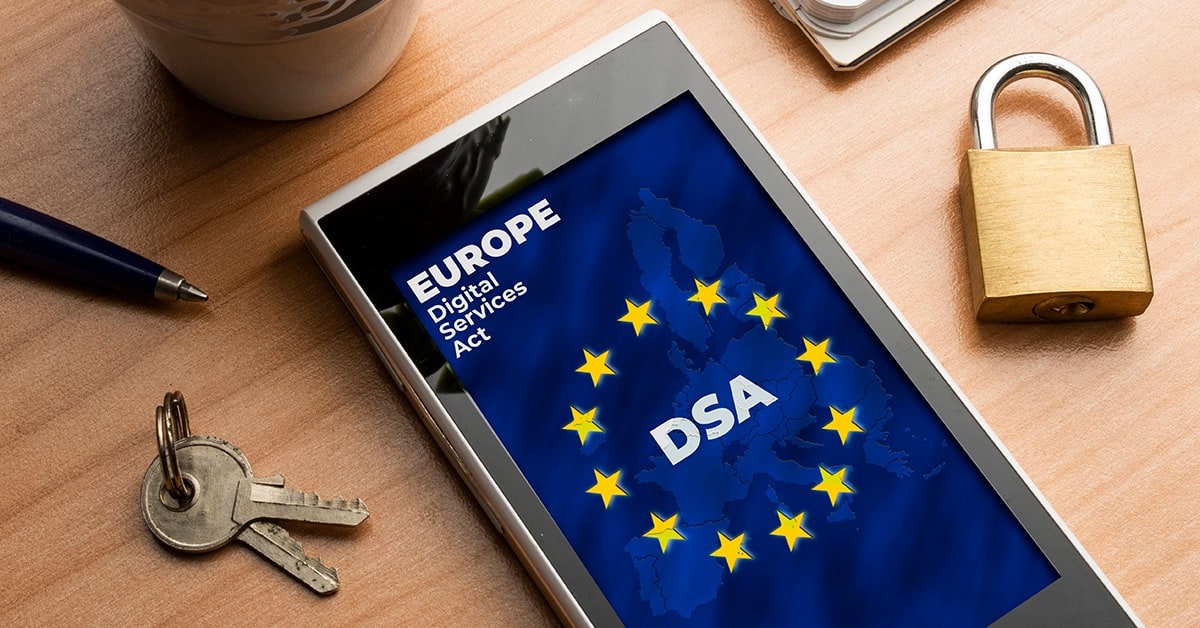For now, the EU's new rules will only apply to about two dozen large platforms.

Big Tech is about to undergo big changes. The European Union’s Digital Services Act (DSA) came into force on August 25th. It will reshape the way consumers engage with digital services, and it will make companies legally liable for everything ranging from harmful content to ad-tracking practices and anticompetitive behaviors. Tech giants have already voiced their discontent and taken legal action to contest the rules. Experts see the pushback as proof of the new guidelines’ relevance and effectiveness.
“The DSA is primarily about ensuring that private content decision-making of technology companies is more accountable to the public: individuals gain new rights to contest decisions on platforms, and Big Tech becomes regulated as an industry,” says Martin Husovec, professor of law at the London School of Economics and co-founder of the European Information Society Institute think tank: “Going forward, Big Tech can innovate but must test things instead of moving fast and breaking them.”
Under the DSA, firms will have to obtain explicit consent before tracking users for marketing purposes, will be prohibited from giving preferential treatment to their products in shopping rankings, and will have to allow access to alternative app stores and make their messaging services interoperable with competitors’ on mobile devices, among other things.
For now, the rules will only apply to about two dozen large platforms—dubbed by the EU commission as the “gatekeepers” of online services—among those with more than 45 million users, and at least €7.5 billion in annual revenue or a market capitalization above €75 billion. The group includes Alibaba, Alphabet, Amazon, Apple, Meta, Microsoft and TikTok owner ByteDance. If found in breach of the DSA, they could face fines up to 6% of their global turnover. They will have until March 6, 2024, to comply. By mid-February 2024, the measures will be expanded to smaller firms.
It is the most stringent piece of legislation since the dawn of the Internet. Moreover, its impact will likely extend beyond the EU, with lawmakers across the globe looking to borrow provisions to draft or beef up their rulebook. Yet, there could be some hiccups: Not only its full implementation could be delayed by lawsuits or technical problems, but the national authorities responsible for monitoring and enforcing the rules could face skills and resource shortages.



